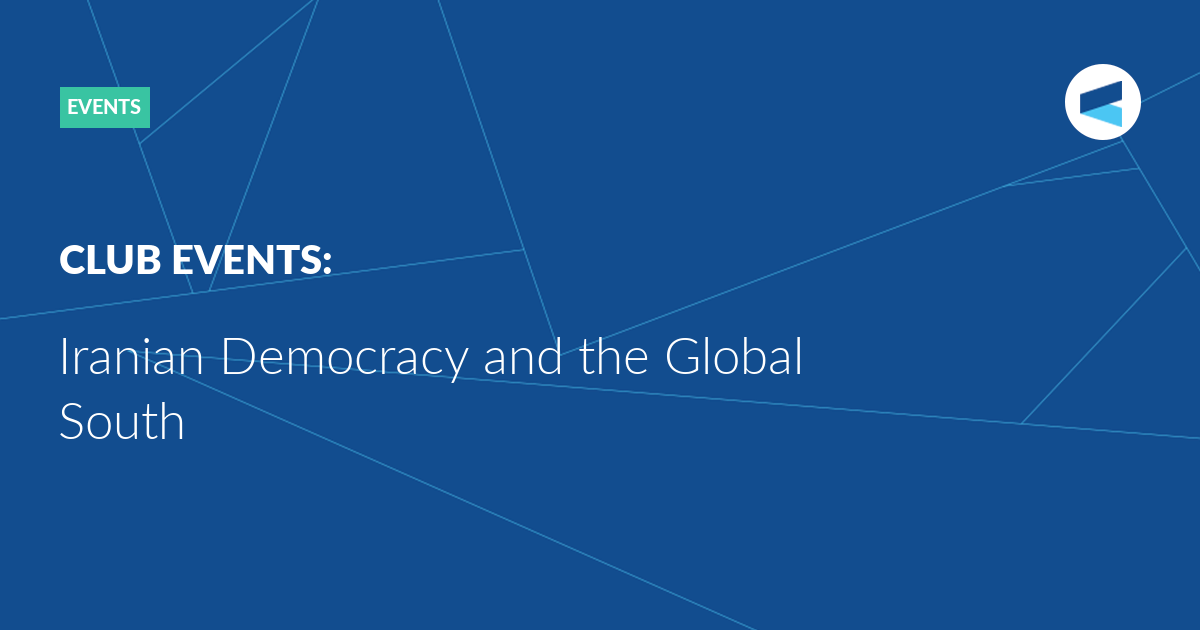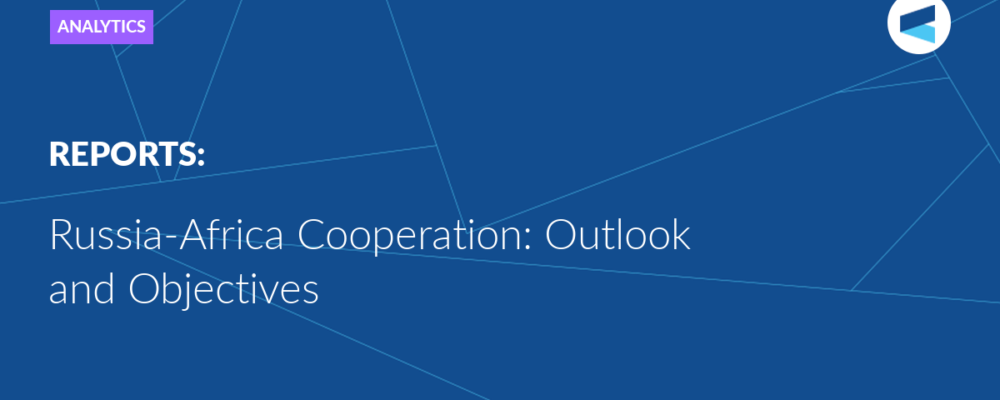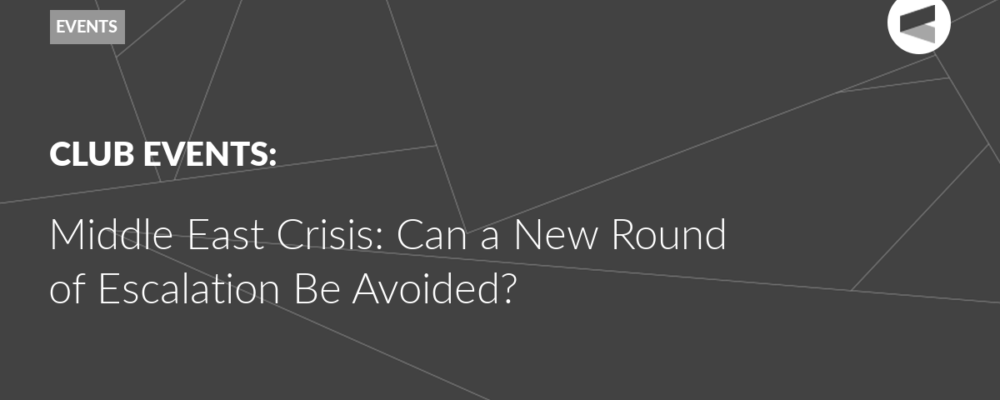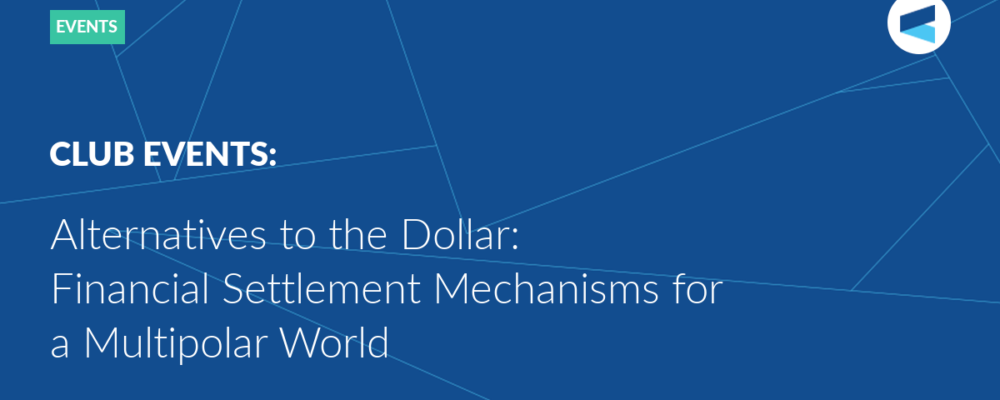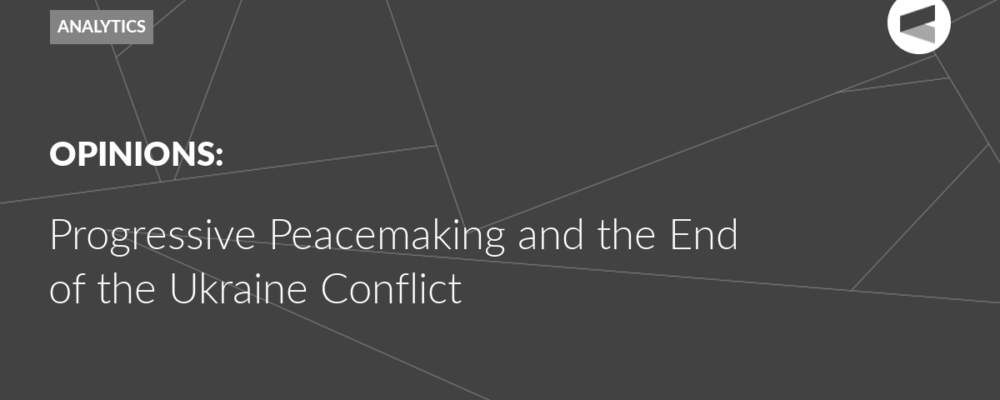On June 28, the Valdai Club held a discussion dedicated to the presidential elections in the Islamic Republic of Iran and the potential for the development of Iranian-Russian relations. The event was moderated by Timofei Bordachev, Programme Director of the Valdai Club.
Vitaly Naumkin, Full Member of the Russian Academy of Sciences, Academic Director of the Institute of Oriental Studies, Russian Academy of Sciences, noted that the political system of Iran is democratic in nature. “Iran, unlike many other countries in the region, has all the signs, all the institutions of democracy. Moreover, this democracy is similar to that in the West,” he said. There are political parties, which is unusual for an Islamic government, an opposition press, an active parliament with heated debates and quotas for religious minorities. Although, at first glance, a conservative trend prevails in Iran, in fact the country is moving towards greater openness and inclusion in the world community – but within the framework of the Global South, and not the “collective West”. This entry of Iran into the community of the World Majority states, and the part of it friendly to Russia, will play a role in determining the outcome of the presidential elections in the Islamic Republic, Naumkin believes.
Kayhan Barzegar, Head of the Department of Political Science and International Relations, Research Unit of the Islamic Azad University (Iran), pointed out three main directions towards which participants in the presidential race are leaning in foreign policy issues, which are considered an extremely important factor in the elections. Reformers strive for balance, are more oriented towards the West and seek the lifting of sanctions. Moderate conservatives are committed to dialogue with the West from a position of strength and strive for negotiations with leading Western powers on equal terms. Finally, ideologically conservative forces see opportunities in the non-Western world and oppose a focus on the United States and the West. In their opinion, the lifting of sanctions alone will not help achieve much in the economy. Barzegar noted that during the election campaign the topic of BRICS and the SCO was often raised, and whoever becomes president will definitely actively develop relations with the non-Western world, and especially with Russia.
Alexander Maryasov, Ambassador Extraordinary and Plenipotentiary of Russia to Thailand and Permanent Representative to ESCAP (2010-2014), Ambassador Extraordinary and Plenipotentiary of Russia to Iran (2001-2005), also noted the democratic component of the Iranian state system. This applies both to parliamentarism and to the competitive nature of presidential elections. However, according to the diplomat, despite pluralism, Iranian politics has principles that cannot be violated – the foundations of the Islamic system. Speaking about Iran’s foreign policy, Maryasov emphasized that not only pragmatists, but also representatives of the ruling circles would like to see the lifting of sanctions and normal relations with the West. But the United States, with its irreconcilable attitude towards the Islamic Republic, is preventing any attempts to improve relations. Therefore, the Iranian leadership is convinced that it is impossible to deal with the current US leadership, and maintains a very tough position regarding negotiations with the US and the EU, which is under American influence.
The Valdai Discussion Club was established in 2004. It is named after Lake Valdai, which is located close to Veliky Novgorod, where the Club’s first meeting took place.
Please visit the firm link to site


